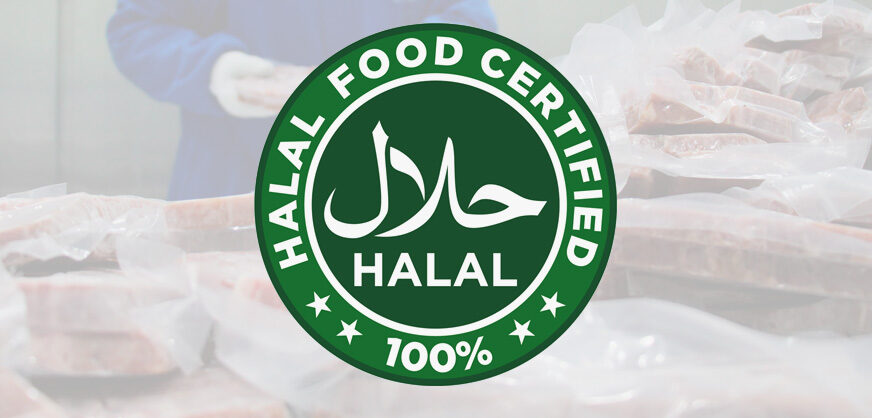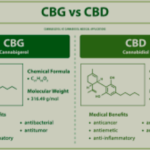Halal certifications are essential for ensuring that food and products meet Islamic dietary laws. In the UK, the demand for halal-certified products is growing. This article will explore what halal certification means, the importance of these certifications, the certification process, and how to find Halal Certifications in the UK.
What is Halal Certification?
Halal is an Arabic word meaning “permissible.” In the context of food and products, it refers to what is allowed under Islamic law. Halal certification is a process that ensures products comply with these laws. This certification is important for Muslims who want to follow their dietary guidelines strictly.
Importance of Halal Certification
Halal certification provides assurance to Muslim consumers that the products they purchase meet their religious requirements. It also benefits producers and retailers by opening up their products to a larger market. Certified products gain trust and credibility among Muslim consumers, leading to increased sales and customer loyalty.
Halal Certification Bodies in the UK
Several organisations in the UK provide halal certification. These bodies inspect and certify products to ensure they meet halal standards. Some of the well-known certification bodies include:
- Halal Food Authority (HFA)
- Halal Monitoring Committee (HMC)
- European Halal Development Agency (EHDA)
These organisations follow strict guidelines and perform regular inspections to ensure compliance with halal standards.
The Certification Process
Application
The process begins with the producer or retailer applying for halal certification. This involves submitting detailed information about the product, including ingredients, processing methods, and sources of raw materials.
Inspection
After the application is submitted, the certification body conducts an inspection. This involves visiting the production facilities to ensure that all processes comply with halal standards. Inspectors check for the use of permissible ingredients and proper handling procedures.
Approval
If the inspection is successful, the certification body approves the product for halal certification. The producer or retailer receives a certificate, which they can display to show that their product is halal-certified.
Ongoing Monitoring
Halal certification is not a one-time process. Certified products undergo regular inspections to ensure continued compliance with halal standards. This ongoing monitoring helps maintain the integrity of the certification.
Benefits of Halal Certification
Consumer Trust
Halal certification builds trust among Muslim consumers. They can purchase products with confidence, knowing they meet their dietary requirements. This trust can lead to brand loyalty and repeat purchases.
Market Expansion
For producers and retailers, halal certification opens up new markets. The global halal market is vast, with millions of Muslim consumers seeking halal products. Certification can lead to increased sales and market share.
Quality Assurance
Halal certification bodies have strict guidelines and inspection procedures. Products that pass these inspections are often of higher quality. This focus on quality can benefit all consumers, not just Muslims.
Finding Halal-Certified Products in the UK
Finding halal-certified products in the UK is becoming easier as demand grows. Many supermarkets and online retailers now offer a range of halal-certified items. Here are some tips for finding these products:
Look for Certification Labels
Certified products display a halal certification label from a recognised body. Look for these labels on packaging to ensure the product meets halal standards.
Shop at Halal Markets
Many cities in the UK have specialised halal markets and shops. These stores often carry a wide range of halal-certified products, from meat to cosmetics.
Online Retailers
Online shopping is a convenient way to find halal-certified products. Many websites specialise in halal items and provide detailed information about their certification. Some popular online retailers include Halal Fresh, Halalnivore, and Haloodies.
Mobile Apps
Several mobile apps help consumers find halal-certified products and restaurants. Apps like Zabihah and Halal Dining make it easy to locate halal options near you.
Challenges in Halal Certification
Consistency
One of the challenges in halal certification is consistency. Different certification bodies may have slightly different standards, leading to confusion among consumers and producers.
Awareness
Raising awareness about the importance of halal certification is another challenge. Some consumers may not understand what halal certification means or why it is important. Education and outreach efforts are essential to address this issue.
Cost
The cost of certification can be a barrier for some producers, especially small businesses. Certification involves fees for inspection and ongoing monitoring. Finding ways to reduce these costs can help more businesses achieve halal certification.
Conclusion
Halal certification in the UK is crucial for ensuring that products meet Islamic dietary laws. It provides assurance to Muslim consumers and opens up new markets for producers and retailers. By understanding the certification process and seeking out certified products, consumers can make informed choices. Despite some challenges, the growth of halal certification in the UK is a positive step towards meeting the needs of the Muslim community.
Feel free to submit more guest posts through Links Building Servcies - Best Prices. Buy Author Account / 1$ Guest Post Here




![How to transfer money from Robinhood to bank account? [Steps]](https://hollywoodrag.com/wp-content/uploads/2024/08/Banking-Across-Europe.jpg)



















